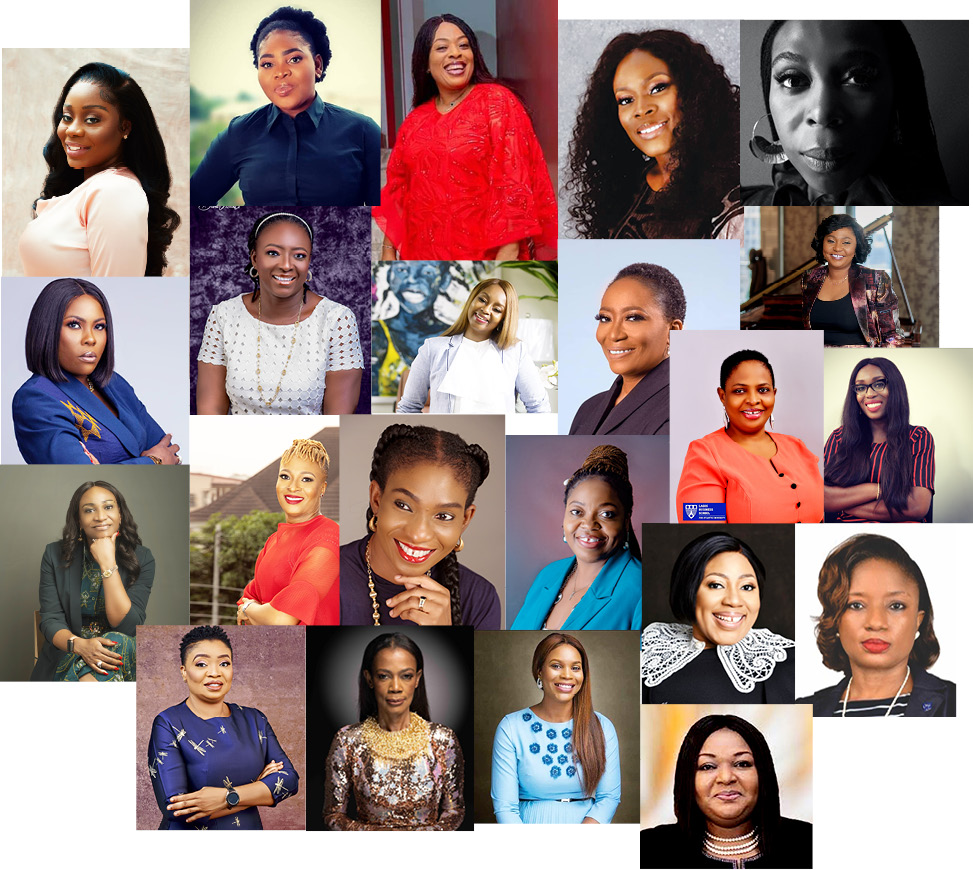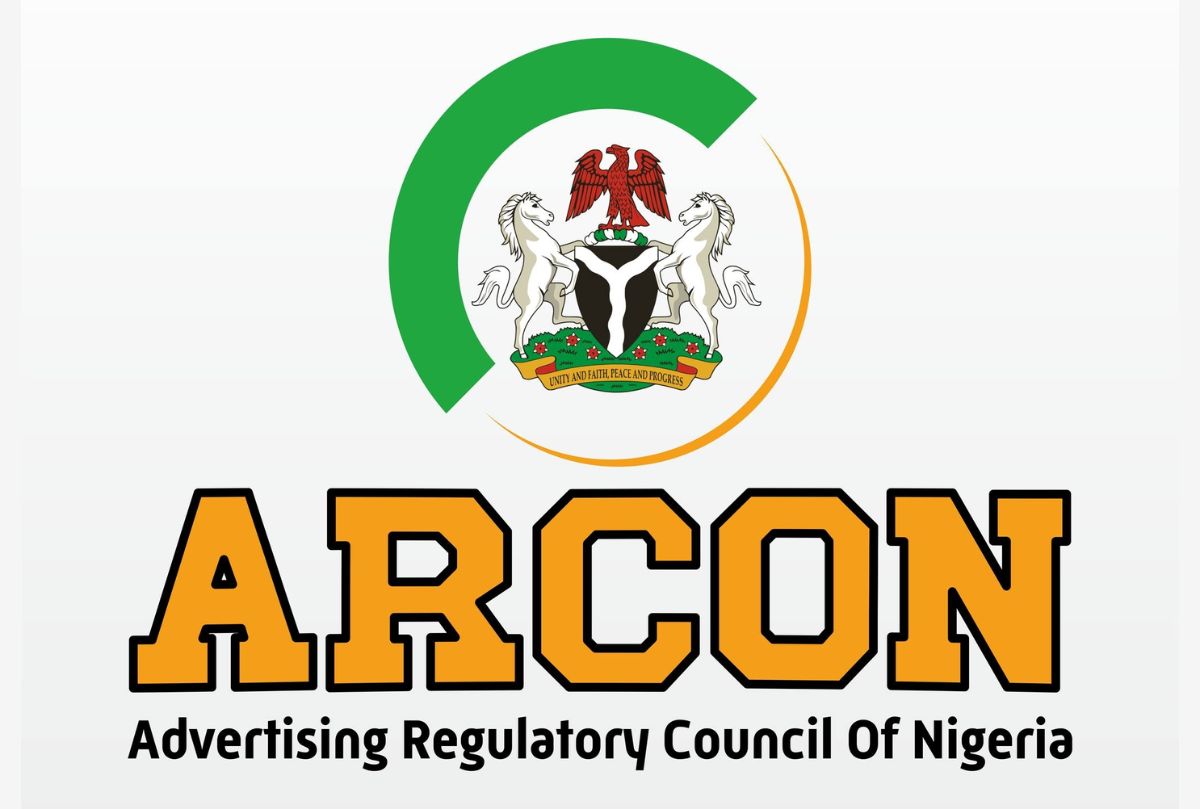Gone were the days when Nigerian women were considered second-fiddle and housewives whose roles rest solely in the kitchen. Today, the paradigm has shifted as Nigerian women have taken the center stage in the board rooms where major management decisions that impact the national and global economies are taken. These are women with brains, beauty, and character cutting across different sectors and industries.
They are the pathfinders and heroines of a new generation of women folk. In this special edition report, we have painstakingly profiled these women of excellence and distinctions with a remarkable appetite for making positive change happen in our world.
Although not an exhaustive list, we intend to publish series two in the months ahead, writes Tunde Animasaun.
Nigerians are noted for being brainy, smart, articulate, and naturally imbued with the ‘never say die’ spirit that has become known as the ‘Naija spirit’. In every sphere of human endeavor, Nigerian women have demonstrated these traits and have gained recognition locally and internationally for excelling in different chosen fields. These traits, arguably, may have been inherited from our womenfolk who have demonstrated, like the amazons gifted with valour, and bravery and have conquered vast territories and lands. History is replete with folkloric tales and exploits of great Nigerian women such as Queen Amina, a historical figure in the city-state of Zazzau; Madam Efunsetan Aniwura, the second Iyalode of Ibadan land, and Efunroye Tinubu a very powerful Yoruba female aristocrat. Also in history, we have had the great female warriors as recorded in history with the Aba women riots. Also in the lineage was the great Mrs. Olufunmilayo Ransome Kuti of great national reckoning.
Today, the paradigm has shifted to the board rooms and politics where women have been demonstrating skills and competencies. The battlefield is no longer on the war front but in a corporate world where women are shattering the ceilings and breaking biases
Unlike the mythical amazons, however, the Amazons strutting the Nigerian landscape are not interested in the long-forgotten quest for physical territories or lands but have deployed their innate gifts into conquering and stamping their seals of authority on the different sectors of the Nigerian economic and commercial lives.
From the marketing communications industry, which is our forte at MARKETING EDGE, to banking, real estate, manufacturing, creativity to other sectors of the economy, these women are busy, staking their claims, shattering the glass ceilings, and breaking the age-long gender biases emplaced by a parochial and patriarchal world.
In a report on the impact of women on Nigeria’s economy, the international consulting firm, PwC, said: “The entrepreneurial spirit is strong, and Nigerian women account for 41 percent ownership of micro-businesses in Nigeria with 23 million female entrepreneurs operating within this segment. This places Nigeria among the nations with the highest entrepreneurship rates globally. The high-level participation of female entrepreneurs in the country is however often driven mainly by necessity, which is the norm in emerging markets where there is insufficient formal employment.
“In the formal sector, very important results are emerging. At the lower levels in formal employment, there is almost an even 50-50 split in the workplace between men and women. However, as both sexes climb up the corporate ladder, women begin to decline in representation on the senior leadership teams and at the board level.”
Similarly, reports from corporate Nigeria show that Nigerian companies scored better than the global average in the participation of women in the workforce. The average percentage of women at the executive level is 20 percent which is higher than the global average of 17 percent. Furthermore, the average percentage of women at the board level is 23 percent, which is close to the average of 25 percent globally, according to the Gender Equality in Nigeria Private Sector report released by the International Financial Corporation, IFC in partnership with the Nigerian Exchange.
Despite all odds, these brave amazons have sustained the efforts, aggressive campaigns, and bold moves– at individual, national and global levels –to make the world in which we live to be more inclusive, equitable, and gender friendly; remove the age-long discrimination against women. They have not only given a voice to the womenfolk, but they have also challenged the status quo, broken many records, and set new standards in many fields of human endeavour.
A recent survey by Harvard University Business School has corroborated our position and underscored the increasingly important roles women are playing in the economic and political lives of nations. The study showed that women executives produce better results than their male counterparts. The reports also indicated that women are better managers of men and materials because they are more focused and communicate more effectively than their colleagues in selected fortune 500 companies. Thankfully, Nigeria is not left out of this intriguing evolution!
Instructively too, in celebrating International Women’s Day 2022, a couple of months back, the United Nations, UN, chose the theme, “Gender equality today for a sustainable tomorrow”, which aimed to, among other things, recognise and celebrate women who are working to build a more sustainable future.
The above notwithstanding, the women believe that given their population and demonstrated capacity, their representation in leadership, especially in political leadership (appointive or elective) is marginal and inequitable. This was the thrust of a communique issued by Women In Management, Business & Public Service, WIMBIZ, the women’s organisation, leading the Vanguard for inclusiveness and gender parity in Nigeria during its 20th anniversary.
“The need for the participation and inclusion of women in political and public office cannot be overstated. To start with, for there to be democracy in its true sense and construct in any country, there must be a descriptive representation of all genders in the country. Since women make up more than half of the population, it is pertinent that representation in leadership mirrors our demographic statistics to ensure the needs of all citizens are adequately voiced and prioritised. We need to create a level playing field free of discrimination and harassment to attract and retain female leadership in political and public office. Our high-achieving women should not be seen as threats instead, they should be welcomed and acknowledged for their outstanding contributions to nation-building and inclusive development.
“To reach our full potential, achieve meaningful, inclusive & sustainable development and meet the United Nations Sustainable Development (SDG) Goal 5 target of ensuring women’s full and effective participation and equal opportunities for leadership at all levels of decision making in political, economic and public life by 2030, it is time for all of us to balance for better and wholeheartedly commit to the empowerment of women. Given the current economic realities and chronic under-development of our nation, the urgency with which this under-representation needs to be tackled, cannot be overstated.”
Nigeria as a country cannot ride into a prosperous future on one wheel and” the amazons are here” is the loud declaration and positioning of these illustrious women. Isn’t it time to yield to the Amazons?
It is against this backdrop that MARKETING EDGE, the authoritative voice of Nigeria’s Integrated Marketing Communications Industry brings you this special publication on the amazons that shine like the northern star in Nigeria’s corporate/economic firmament.






Comment
No comments found.